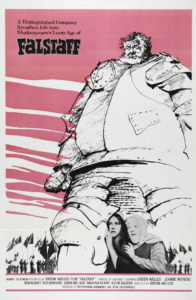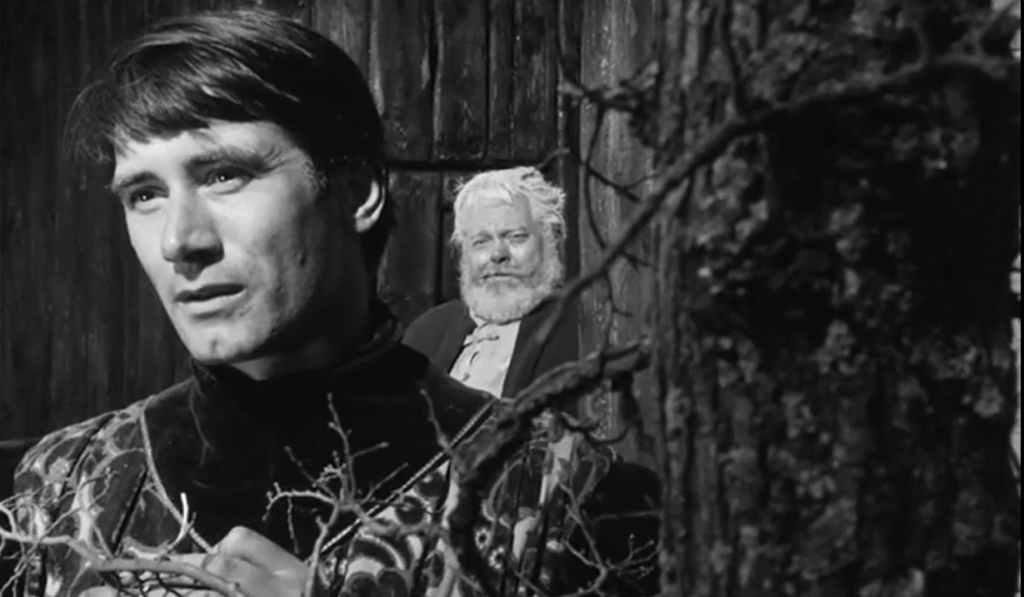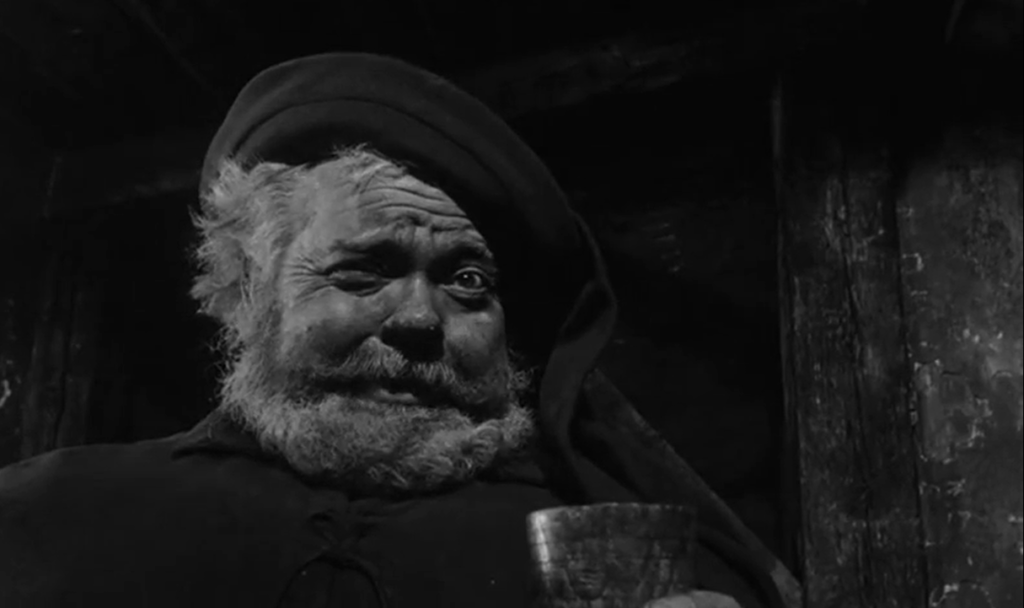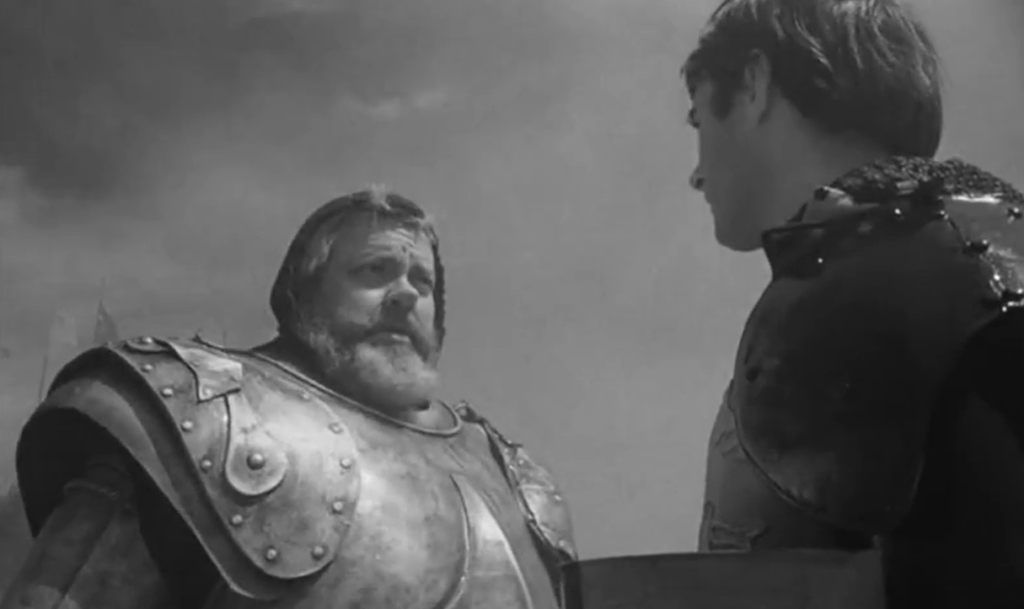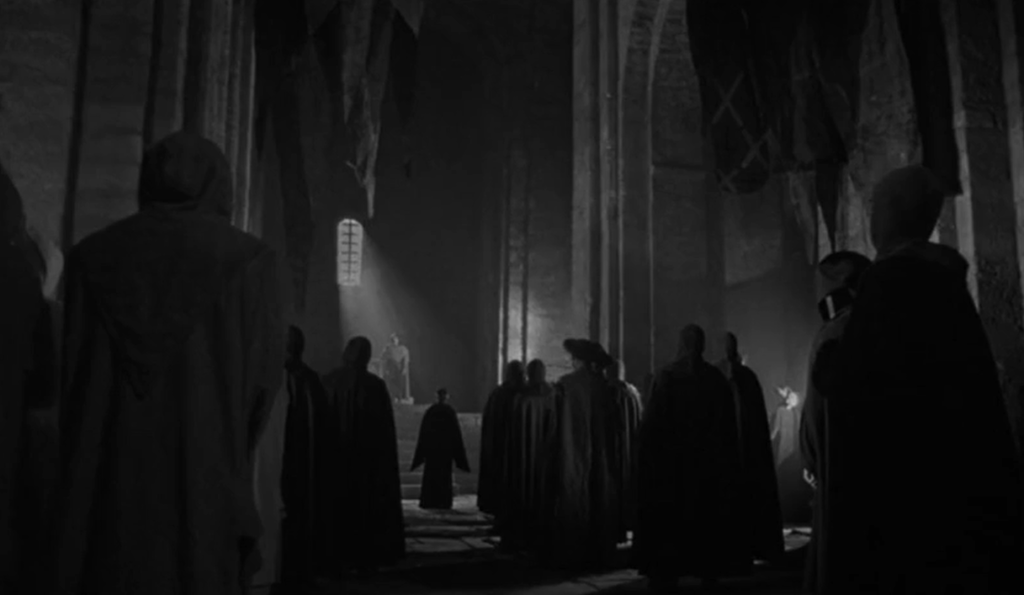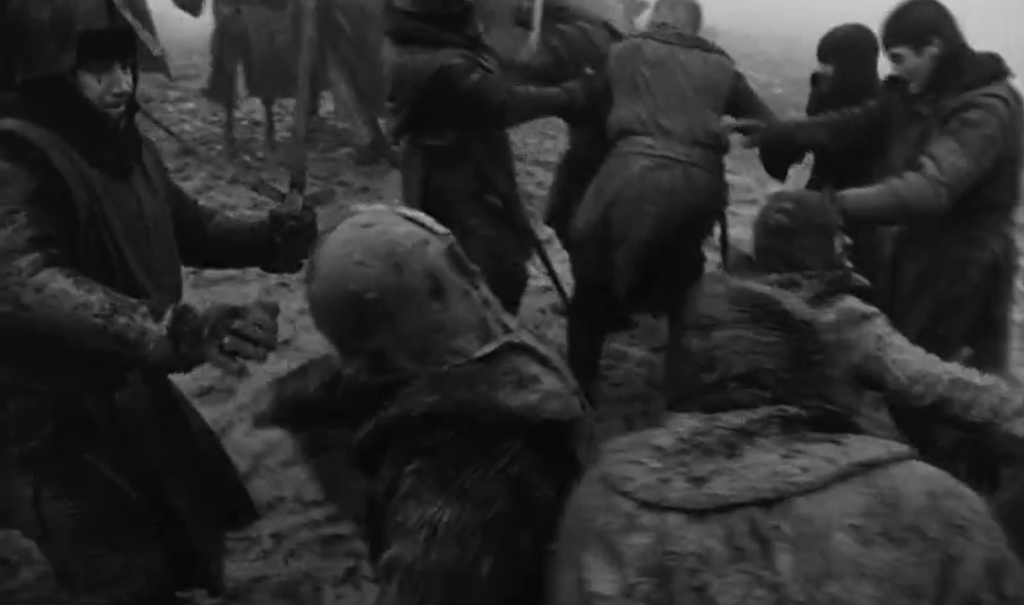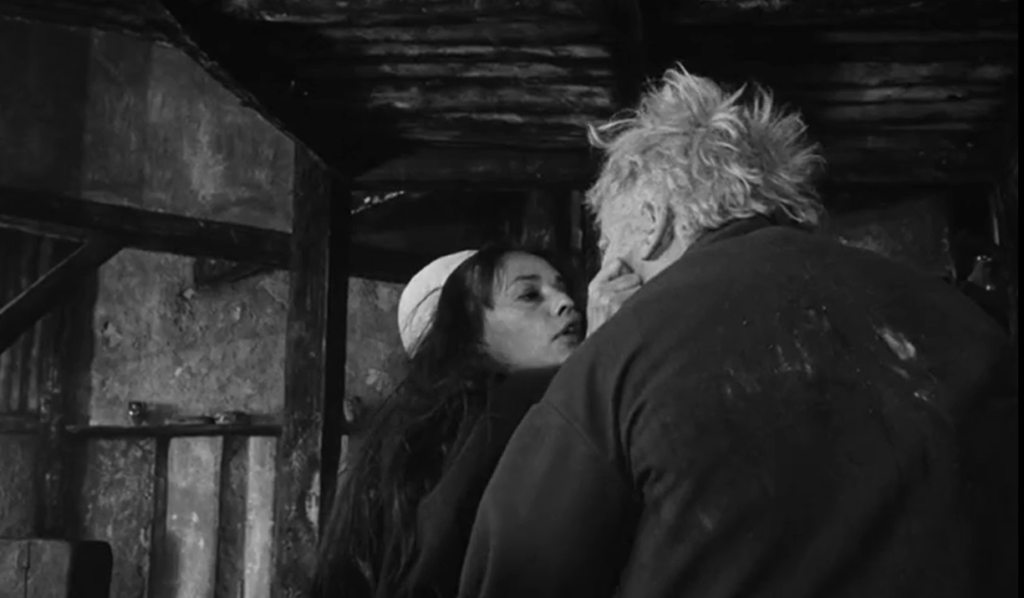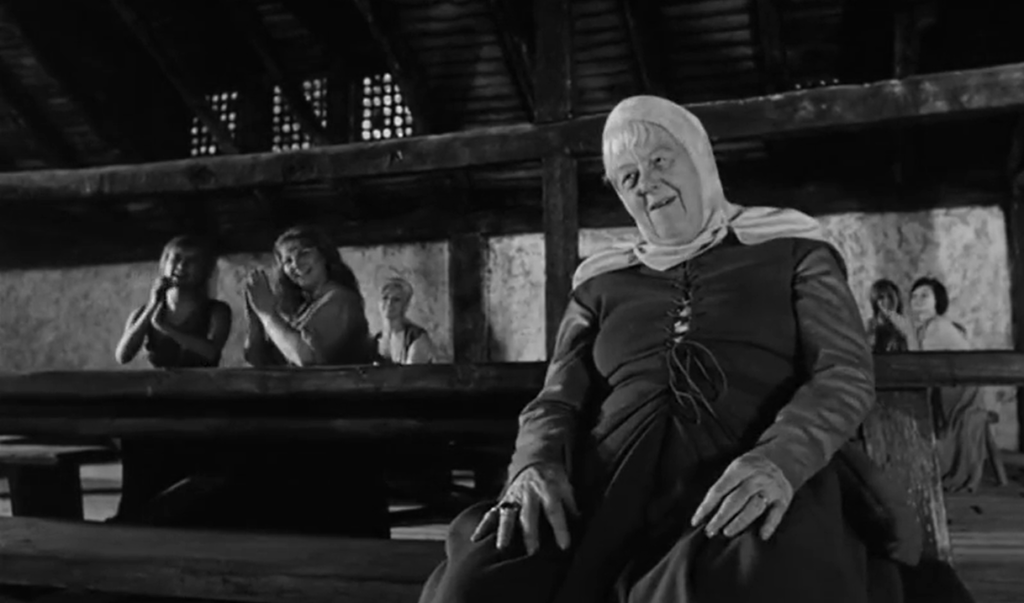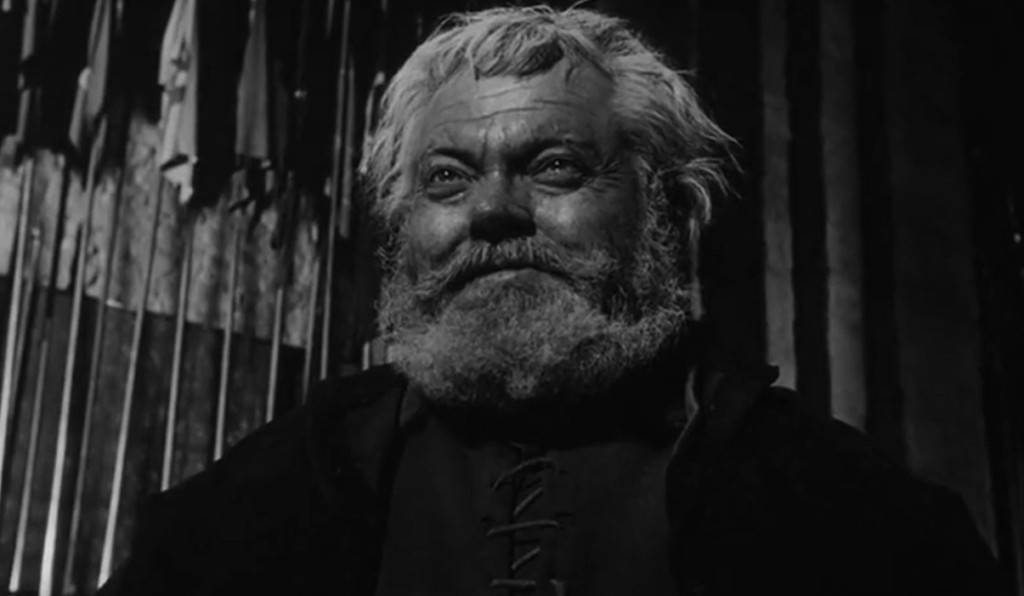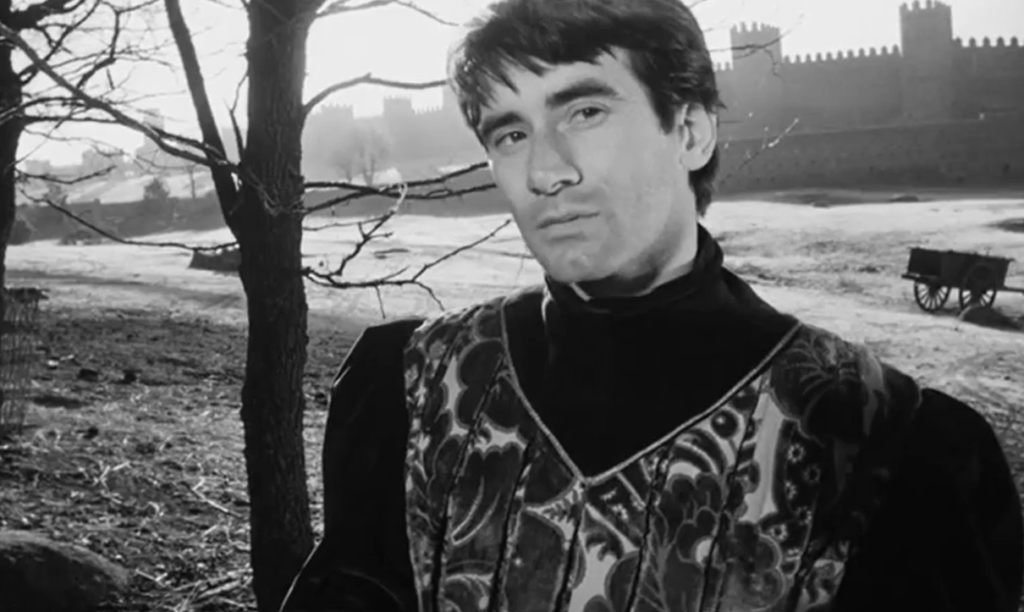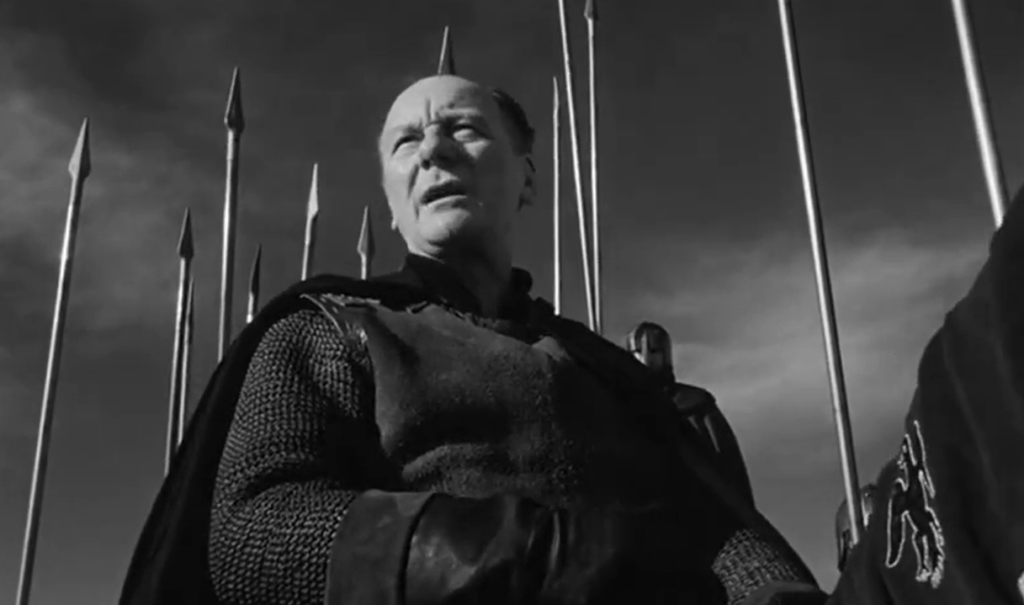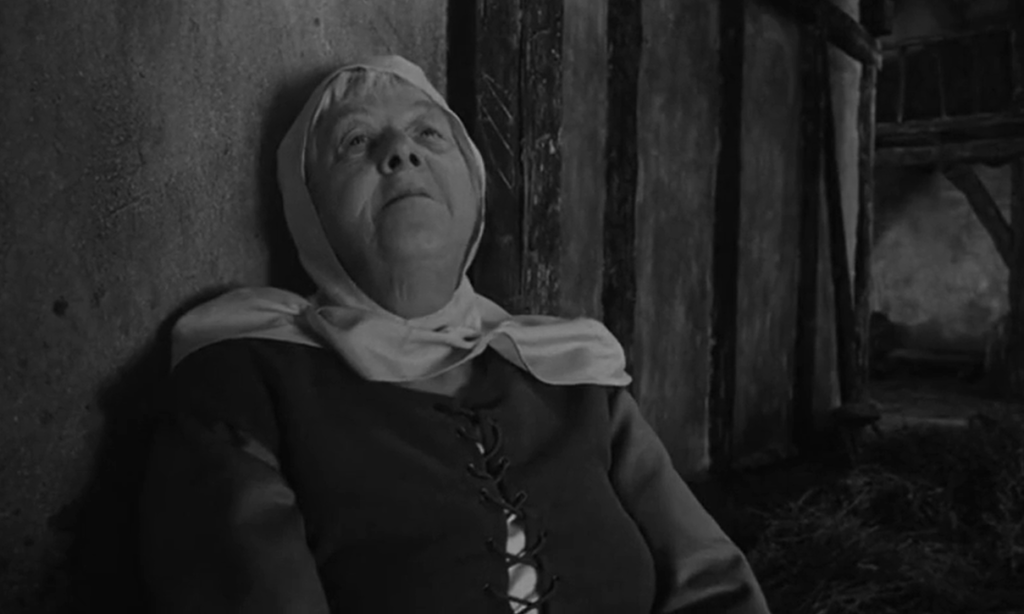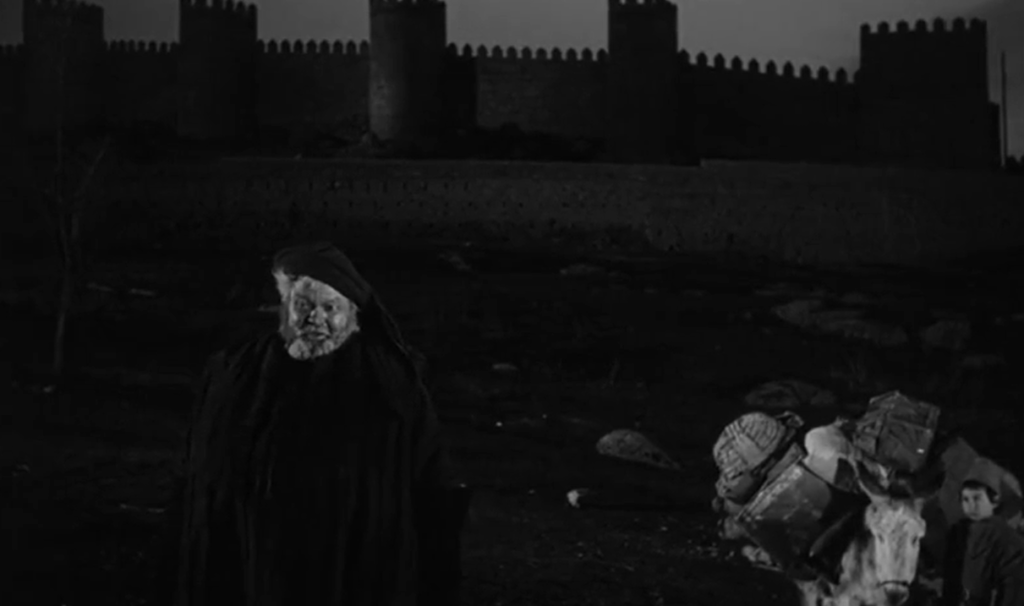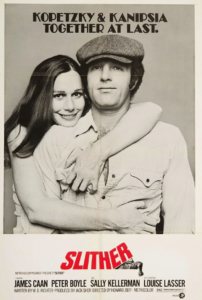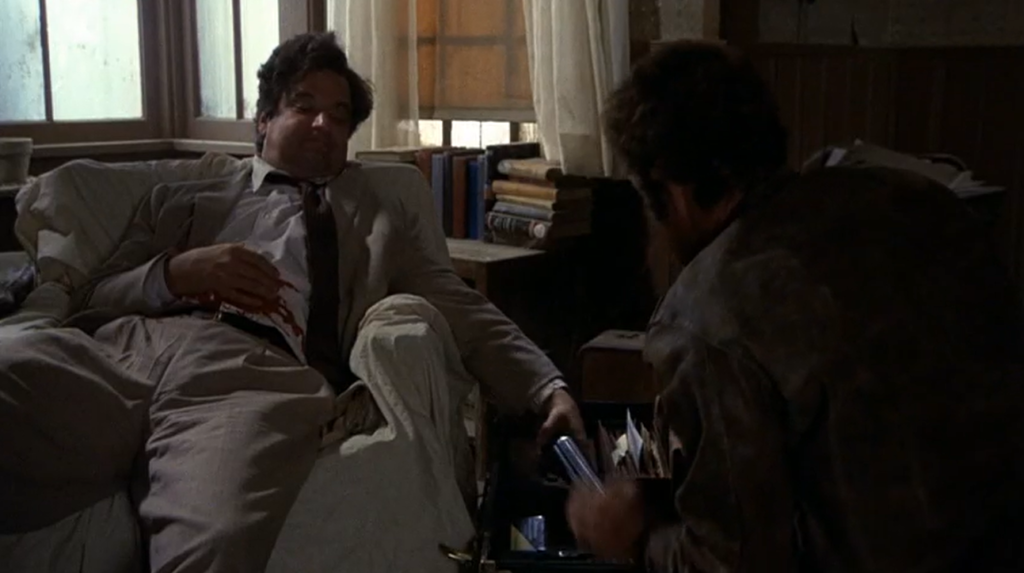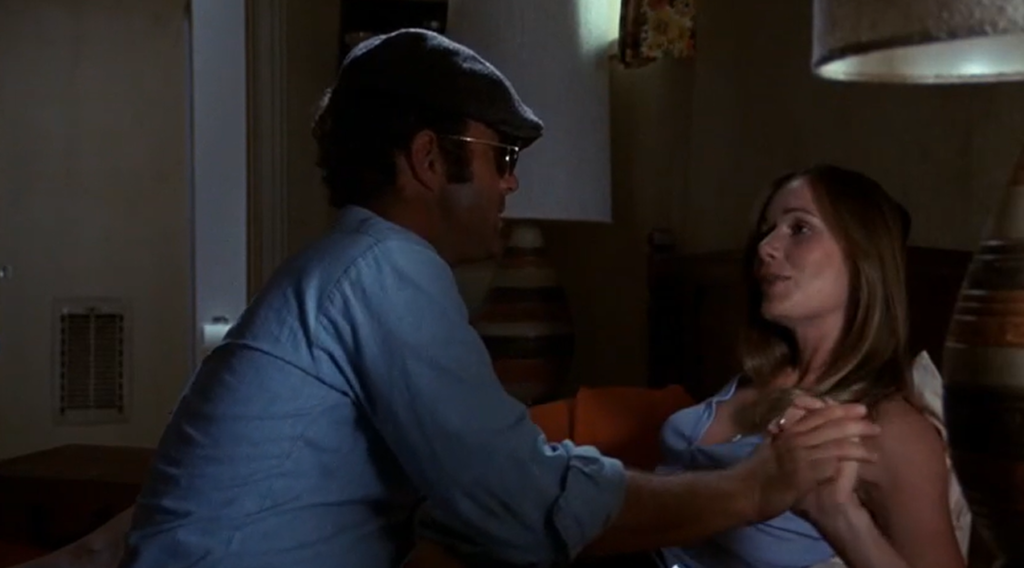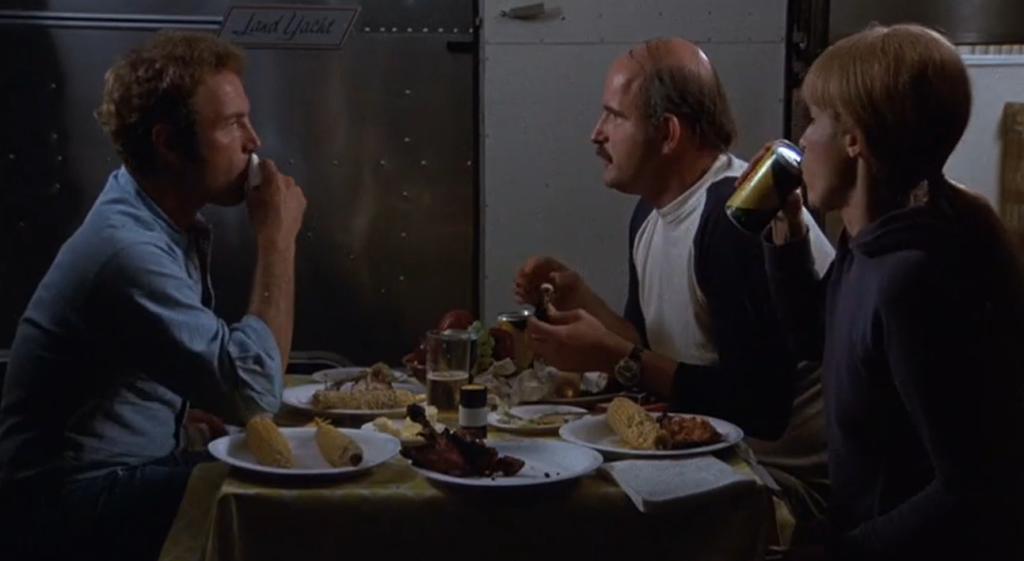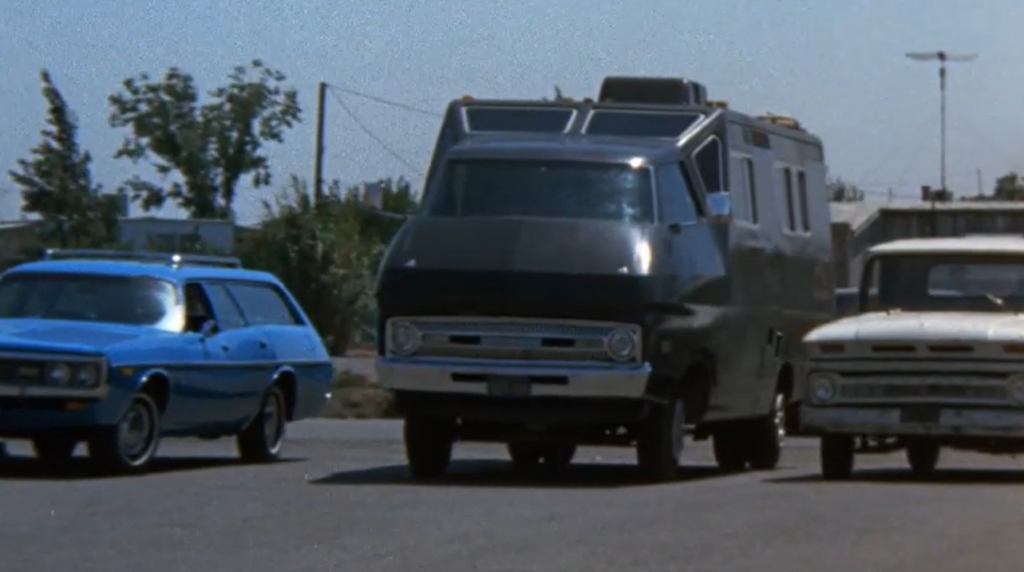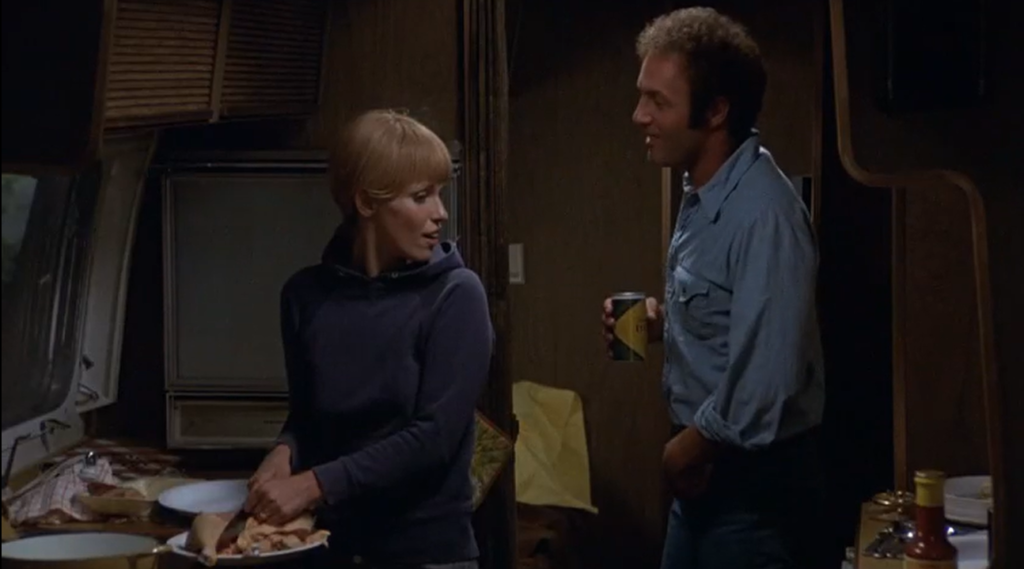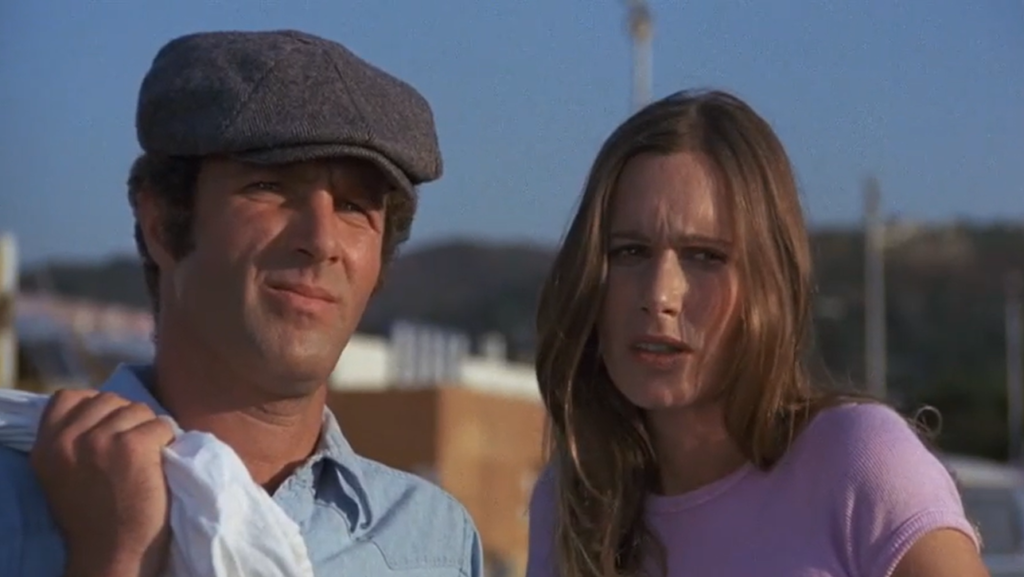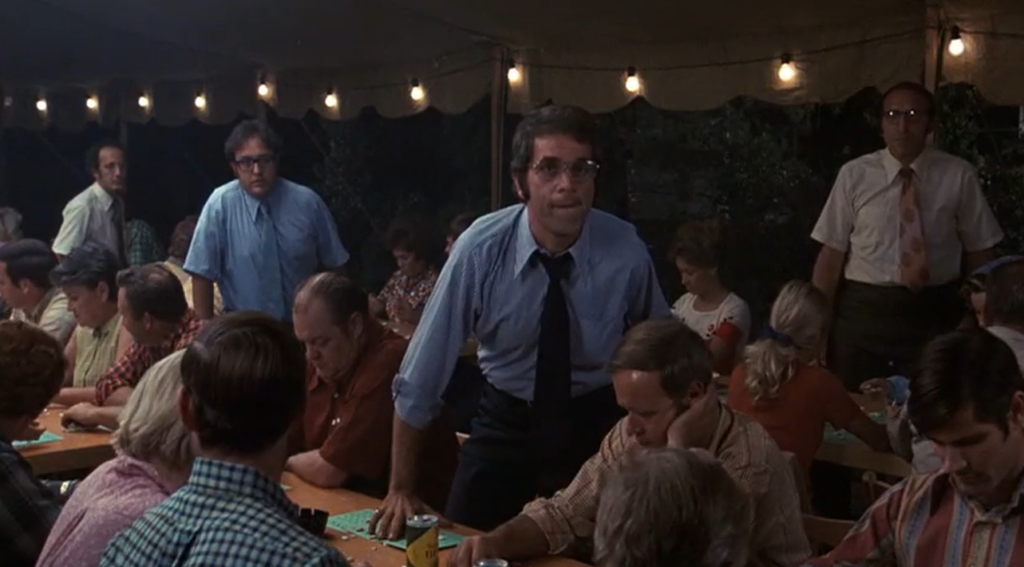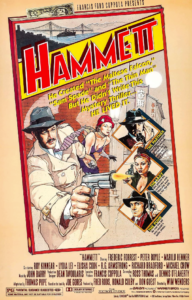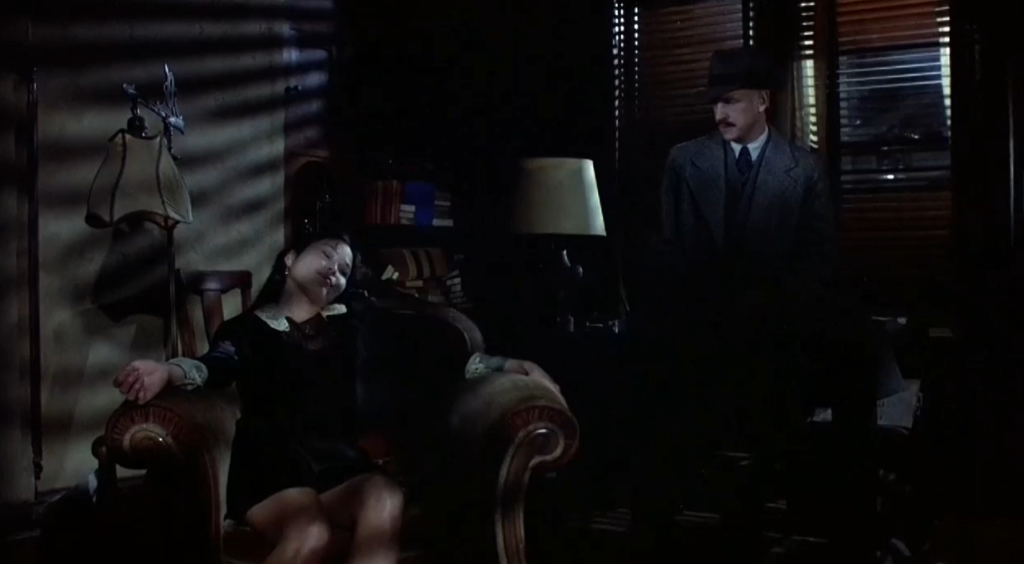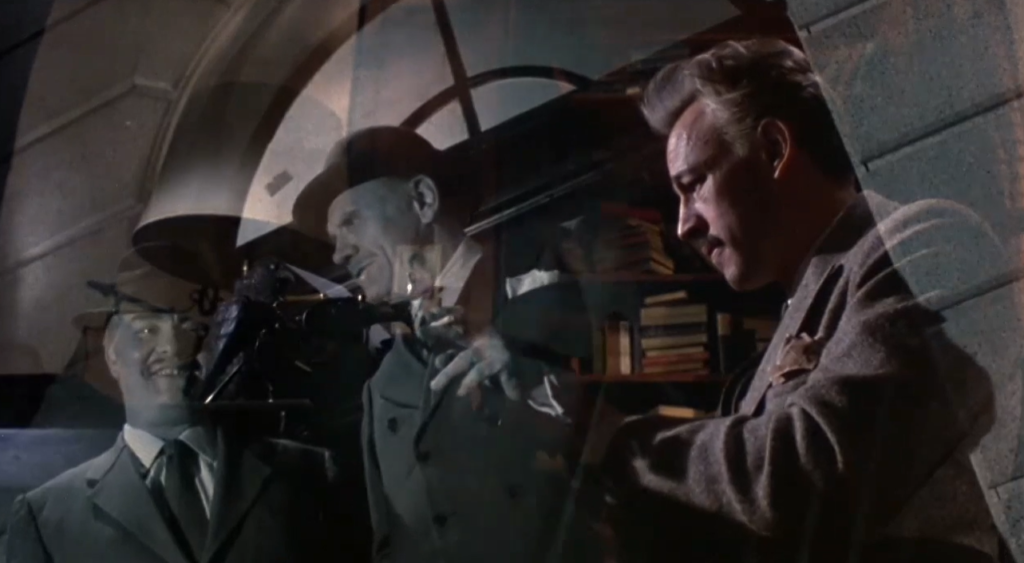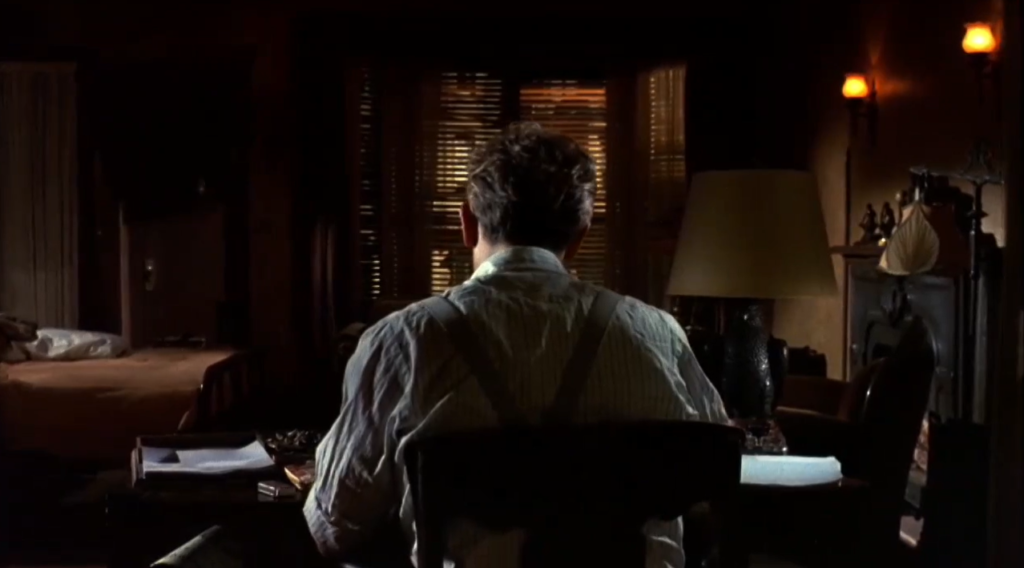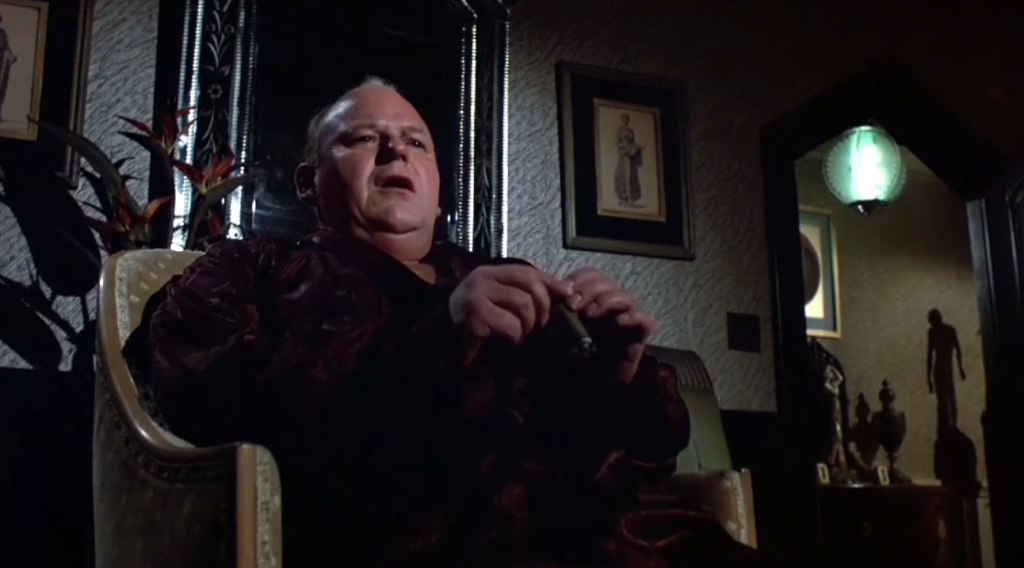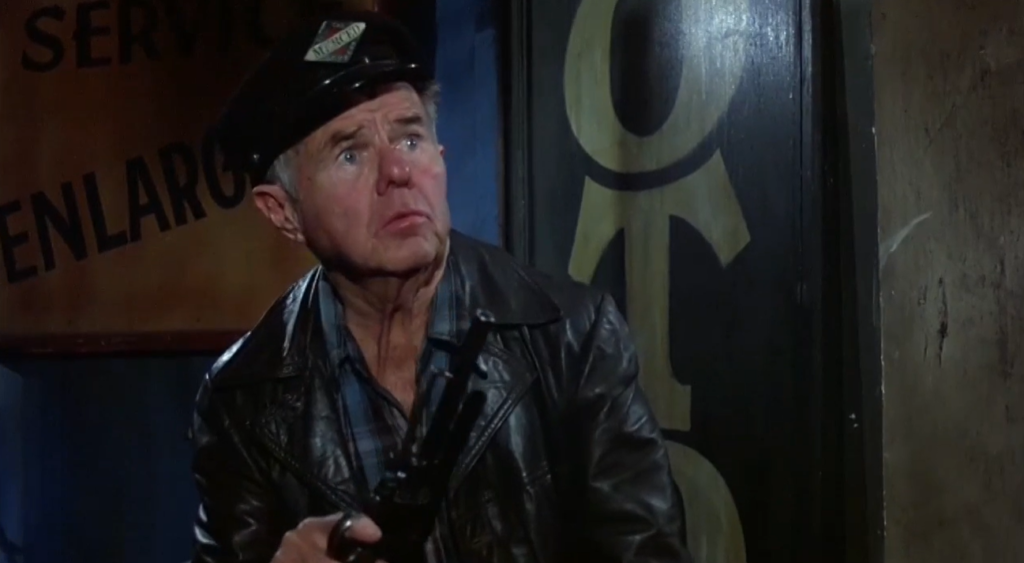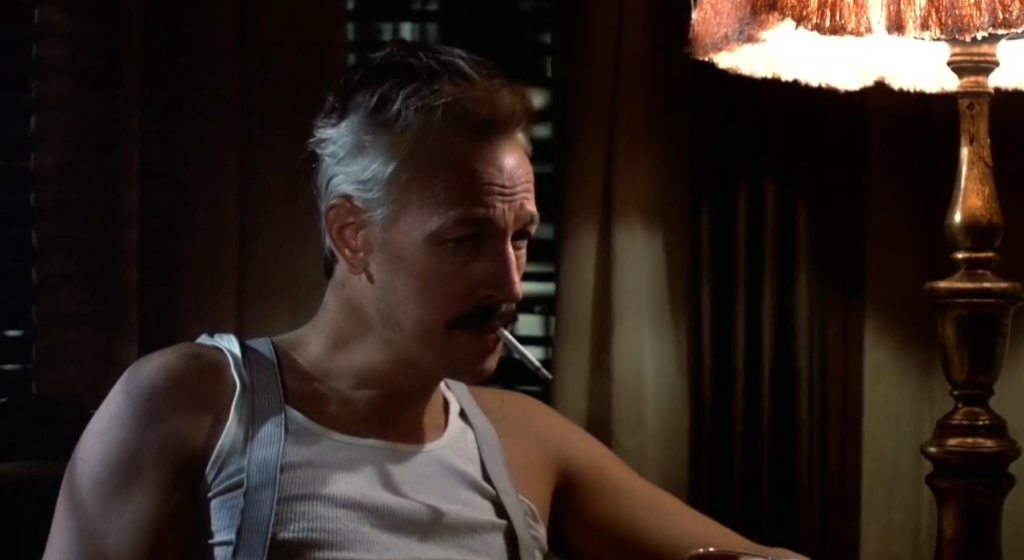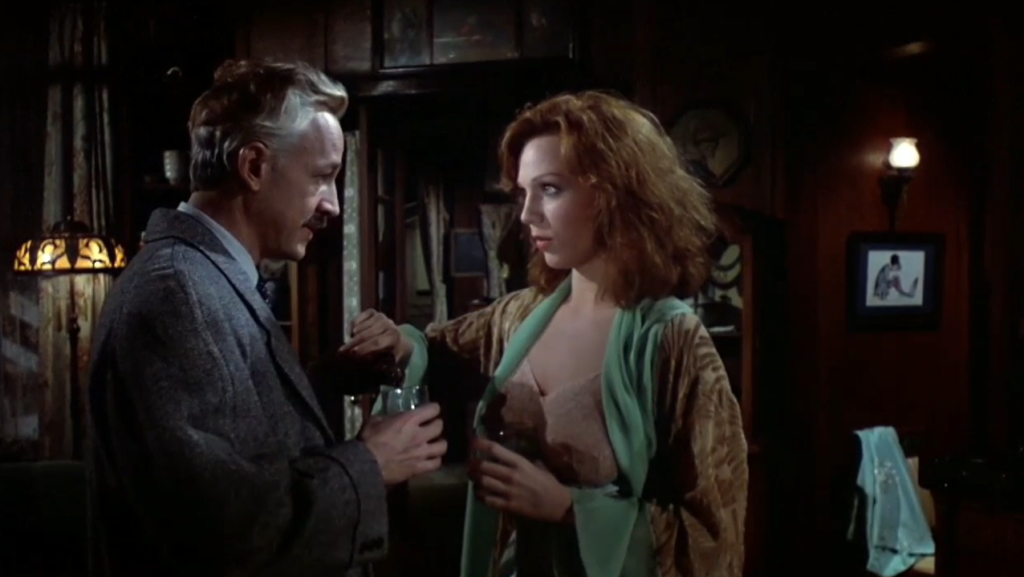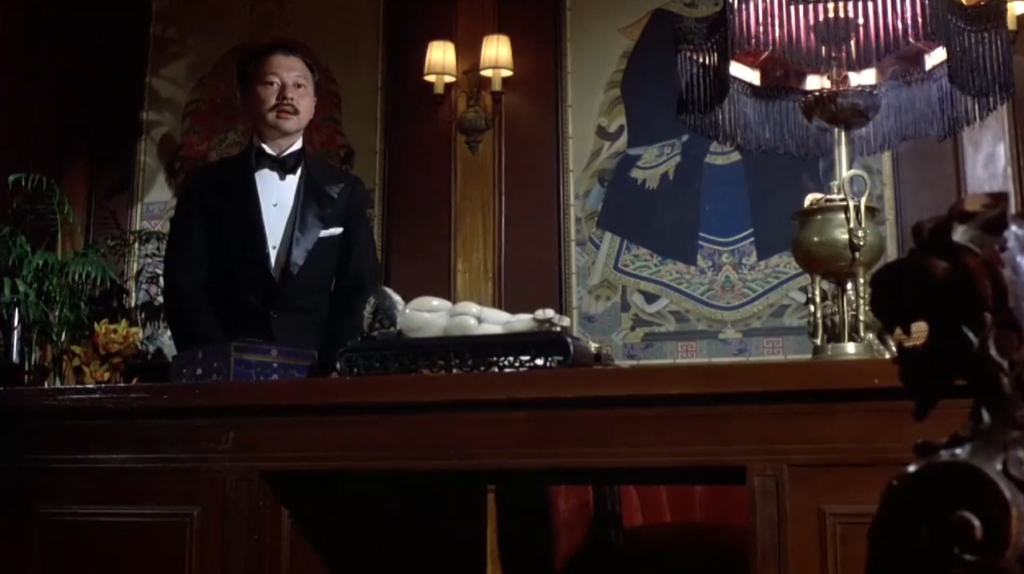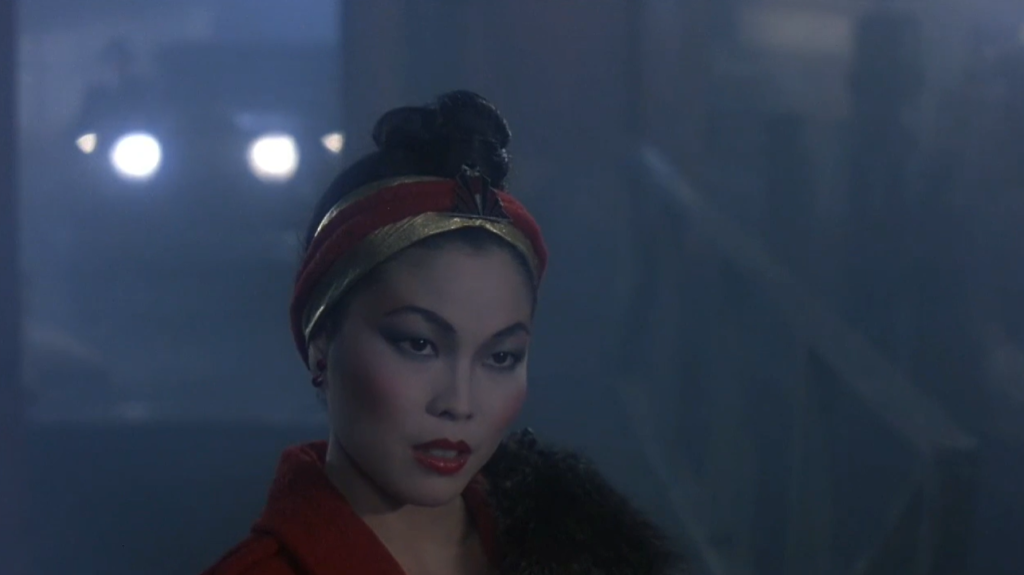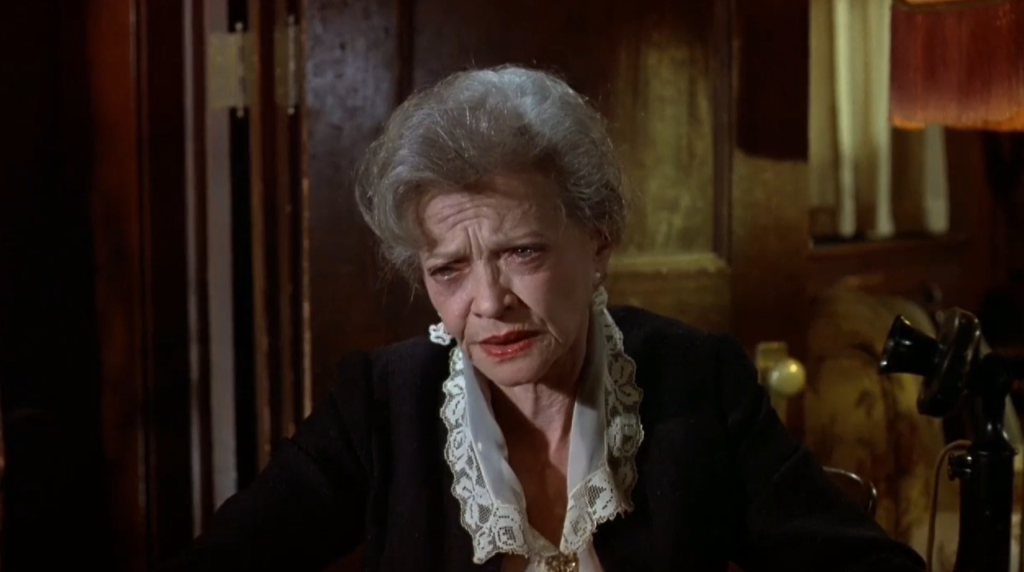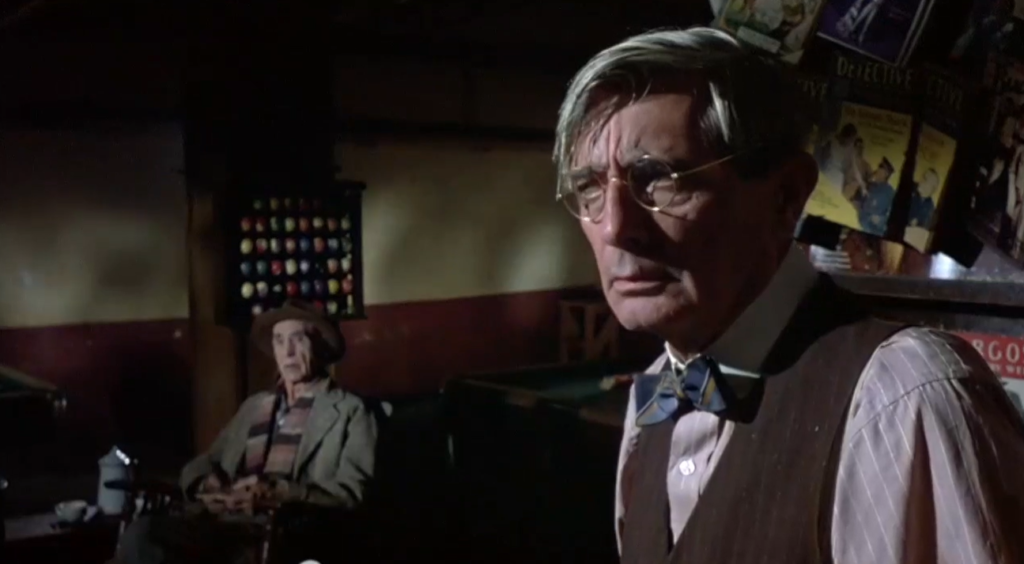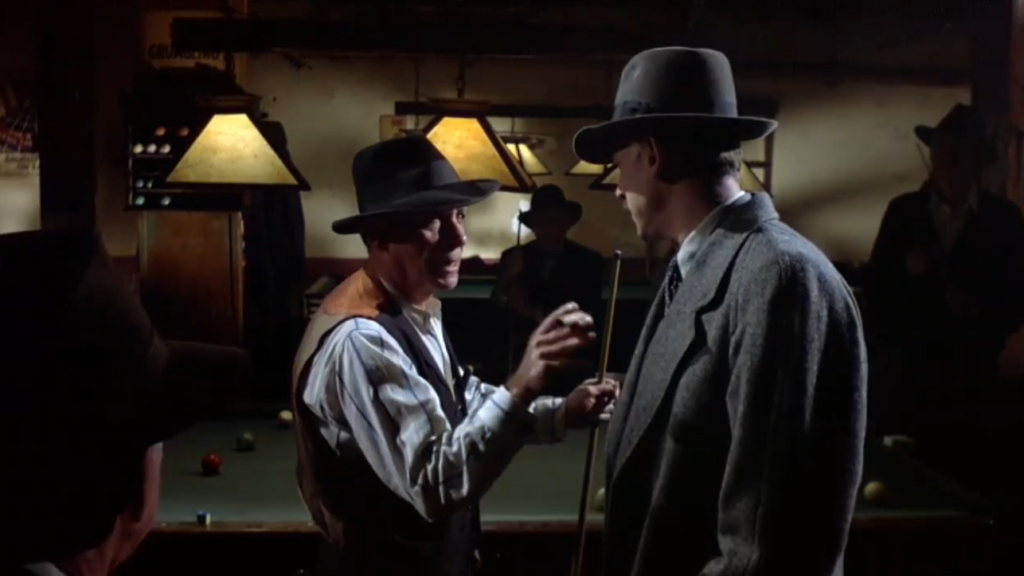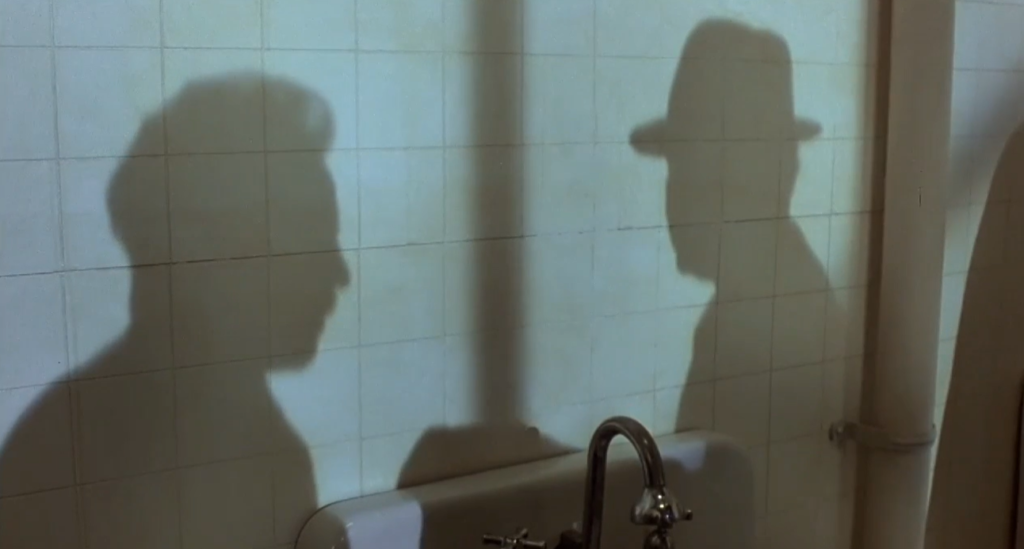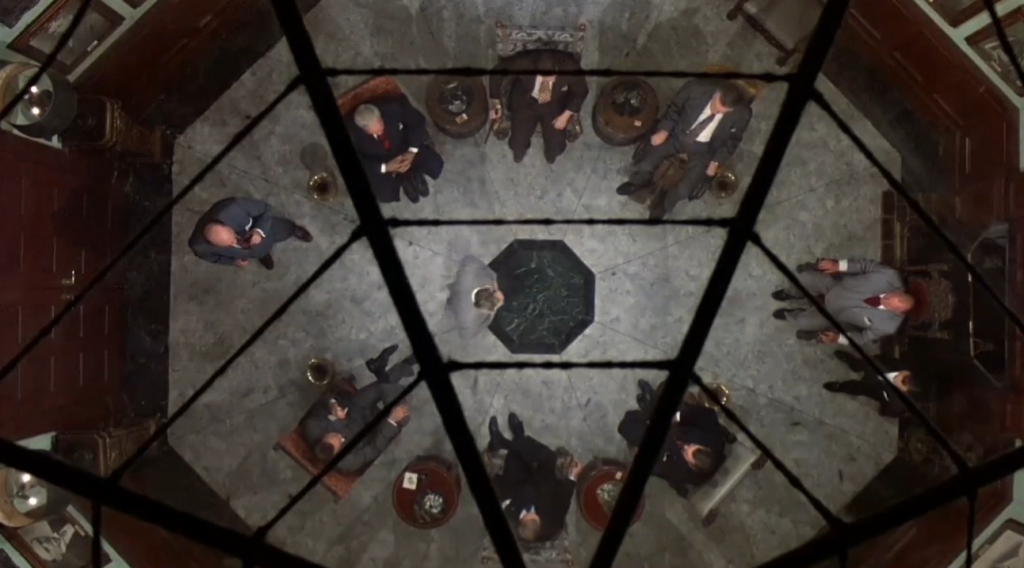Chimes at Midnight / Falstaff (1965)
“I know thee not, old man.”
|
Synopsis: |
|
Genres, Themes, Actors, and Directors:
Response to Peary’s Review: Peary points out that “Welles often played characters whose ascent to power was characterized, like Hal’s, by their quick exchange of idealism for ruthlessness” — but “while characters like Kane or Harry Lime did their friends wrong, few ever actually betrayed friendships.” To that end, he notes that “Falstaff is surely the character who, with warts, weight, and all, was closest to the real Welles.” While Falstaff “isn’t the type of guy you’d bring to a society function,” he’d “make a great Santa Claus.” Most importantly, he may fib “constantly, but is honest; he fits in with the town dunce and senile old men, yet he has a unique knowledge of what’s important in life (love, loyalty, friendship, a good chat, a good roll in bed with a wench, a good bowel movement)” — ultimately representing “goodness in a cruel world.” Peary points out that while the “film’s low budget caused Welles problems,” he encourages viewers to “wait out the early scenes in which the dialogue is often out of synch” and enjoy the “superb” acting (“Welles was never better”) and “often stunning” visuals. He adds that “Welles’s choreography of the battle sequence is spectacular — only in Eisenstein’s Alexander Nevsky does a battle have such impact.” (Indeed, the scene is so kinetically filmed and edited that it’s hard to do it justice with a still.) The production history of this movie is, naturally, a thing unto itself (what else would you expect with Welles?); you can read more at Wikipedia or watch some of the DVD extras (Criterion has put out a newly remastered version). Watch for Jeanne Moreau as the prostitute Doll Tearsheet (you can see Moreau’s real-life friendship with/affection for Welles shining through her characterization): … and Margaret Rutherford as Mistress Quickly. Notable Performances, Qualities, and Moments:
Must See? Categories
(Listed in 1001 Movies You Must See Before You Die) Links: |
